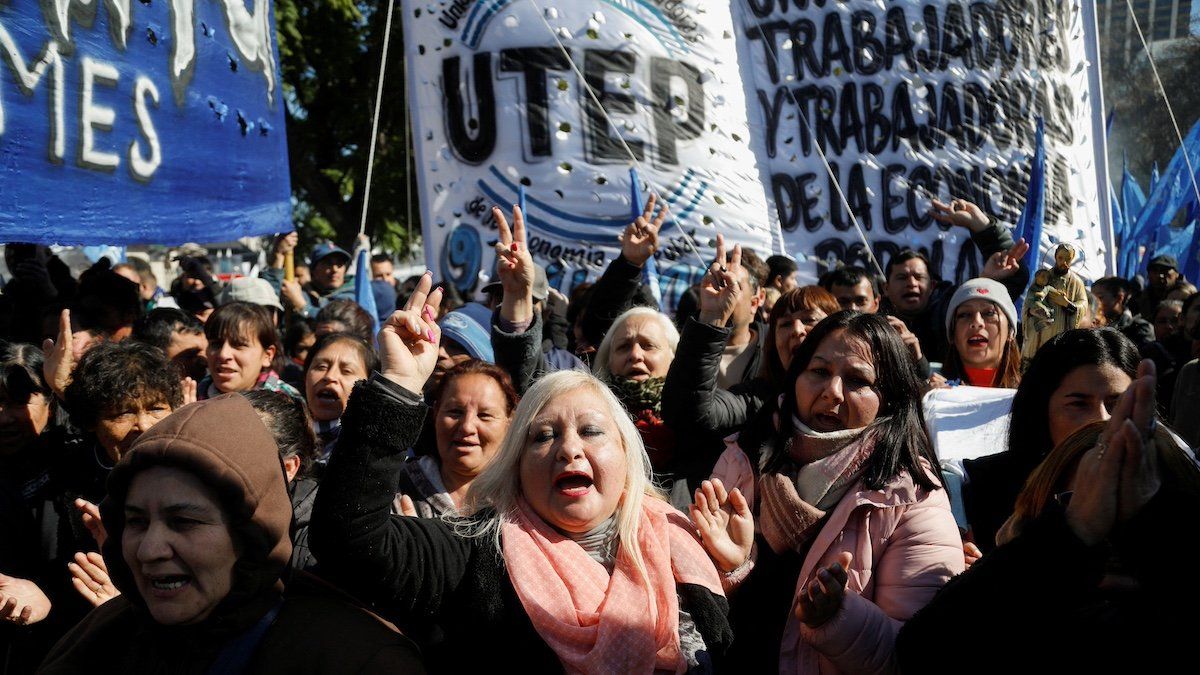Argentine university workers plan a 72-hour strike to demand higher wages starting on Monday, Tuesday, and Wednesday. The government is offering an increase of 3% for August and 2% for September, which the unions have deemed unacceptable. Data for the first half of 2024 shows Argentinawith the highest cumulative inflation worldwide at 80% and a peak year-on-year inflation of 271.5%.
The private sector is also feeling the heat, as unions for the country’s soybean workers demand that processing companies approve wage hikes above the country’s inflation rate. Argentina produces a third of the world’s soybean meal and exports much of it to China, which provides a crucial source of Buenos Aires’ foreign reserves. Last Tuesday, Argentine workers began a strike against their employers that shut down processing plants and caused loading delaysfor 36 ships.
These strikes are at the heart of the political debate over President Javier Milei’s promises to improve Argentina’s flailing economy — with some tough love if necessary. Labor unions have conducted two general strikes, including one in May that saw 400 flights canceled and transport lines shut down as trash collectors, teachers, and health workers walked off the job, andbanks, businesses, and state agencies closed for the day.
In an
exclusive GZERO interview with Eurasia Group President
Ian Bremmer last week, Milei acknowledged that “Life is going to be harder for the average Argentinian citizen” but defended his radical approach to saving Argentina’s struggling economy. We’ll be watching whether this latest round of strikes changes his tune.
